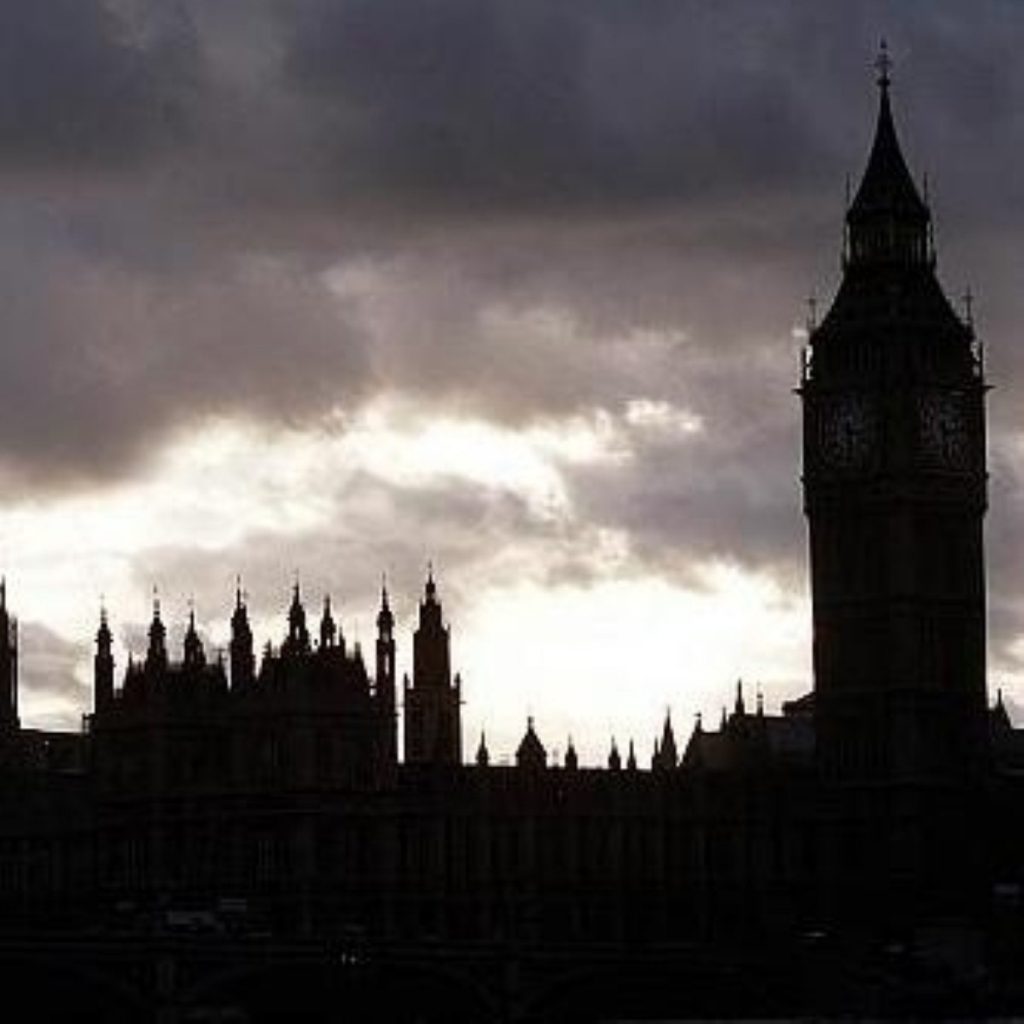One in five peers act as consultants
By Blaine Williams
It has emerged that one-in-five peers are acting as ‘advisors’ to various companies, public bodies and pressure groups.
A total of 145 out of 743 peers have accumulated consultancy deals, most of which pay a salary.
Peers are required to disclose all links to businesses, including ‘non-parliamentary consultancies’, to the register of members.


They are allowed to vote on issues relating to their ‘interests’ but must declare any conflict 24 hours before the vote takes place.
These business links are further fuelling fears that peers are voting on amendments to help benefit the companies which pay them a fee.
Some 244 consultancies have been registered with the register of members’ interests at the House of Lords, although only nine disclosed the amount they were paid.
The news comes in the wake of the Sunday Times sting on four peers who allegedly agreed to vote on amendments for a fee.
Yesterday two of the accused apologised in an emergency debate but denied any wrong doing.
Lord Snape told peers: “May I first of all apologise to your Lordships for bringing this House, if I have done so, into disrepute.
“And may I appeal to noble Lords in all parts of the House to allow me the opportunity to refute those allegations.”
He was followed by Lord Taylor, who said: “If I have done anything that has brought this House into disrepute, I most humbly apologise.
“I feel within my own conscience I followed the rules and directions that have been given in this House over the 31 years I have been a member.”
Leader of the House of Lords, Lady Royall, confirmed that a “thorough and robust” investigation into the affair will be carried out by the Lords committee for privileges.
She will also have the committee review the code of conduct relating to the House of Lords.
Peers cannot be suspended or expelled from the House under the present regulations governing the House, even if they are found guilty.
This prompted calls for change and Lady Royall responded positively saying that change was needed to preserve the trust and respect that the House of Lords demands.
She said: “Tougher sanctions are necessary; I have written the committee to review these matters.”
Nick Clegg, Liberal Democrat leader, added his voice to the calls for tougher sanctions for Lords who break the law.
“This case exposes the extraordinary protection enjoyed by the political class. One rule for lawmakers and another for everyone else,” he will say in a speech to Unlock Democracy tonight.
“That is why I am also now calling on the government to introduce urgent new legislation to change the rules so that peers found guilty of wrongdoing are expelled from parliament.”
An early day motion (EDM) calling on new rules to open up the world of lobbying to greater public scrutiny has been signed with cross party support, today.
Gordon Prentice, a member of the Public Administration Select Committee (PASC), tabled the EDM with support from Paul Flynn, Kelvin Hopkins, Peter Bottomley and Evan Harris.
PASC recently published a report looking into lobbying which said “reform is necessary” and the current system of voluntary self-regulation for lobbyists being “little better than the Emperor’s new clothes”.
David Miller of the Alliance for Lobbying Transparency said: “This is a very welcome call from MPs for a mandatory register of lobbying activity.
“What’s urgently needed is transparency in lobbying so that we can see who is lobbying whom and on what. The government should tighten rules on outside interests and introduce a register of lobbying activity, as recommended by the Public Administration Committee.”
An EDM is a formal motion for the issue to be debated in the House of Commons but very few are. They are mainly used to publicise the views of individual MPs and demonstrate the extent of parliamentary support for their view.
The police have been called on to investigate the Lords embroiled in the cash for amendments investigation in a letter from Liberal Democrat home affairs spokesman Chris Huhne.
Mr Huhne, who sent the letter yesterday, said: “The police should interview those peers who have been named and investigate whether they have used any parliamentary procedures – including questions or the tabling of amendments – to further the interests of their clients.”
The peers – Lord Truscott of St James, Lord Taylor of Blackburn, Lord Snape and Lord Moonie – were approached by undercover reporters from The Sunday Times posing as lobbyists, to make amendments to a Lords bill in return for money.
Kenneth Clarke, the shadow business secretary, said the actions of the four involved would amount to corruption if the accusations against them are found to be true.

